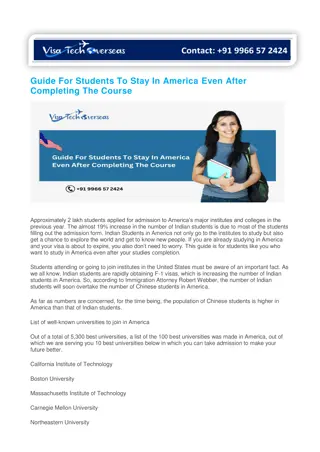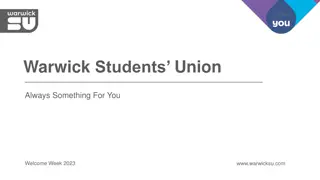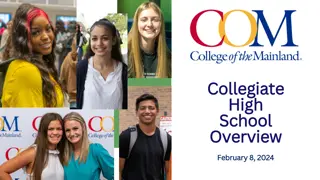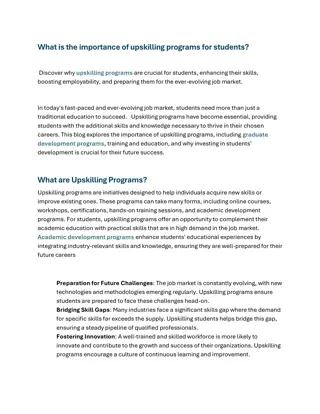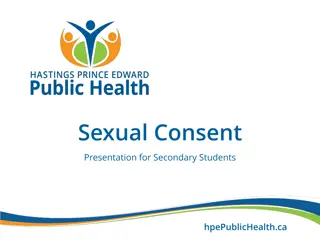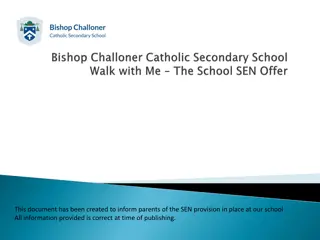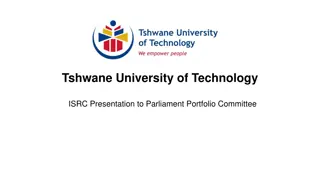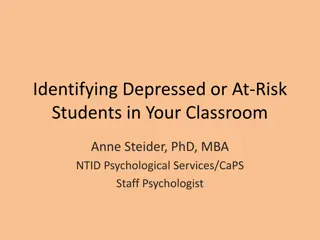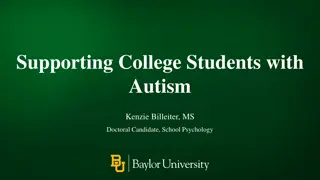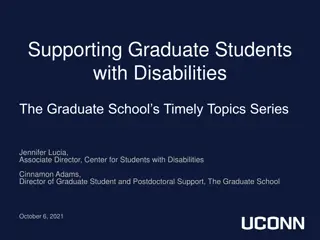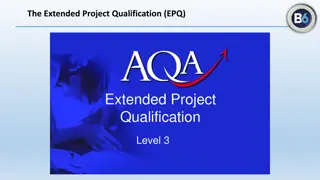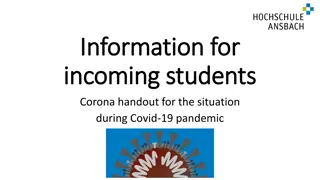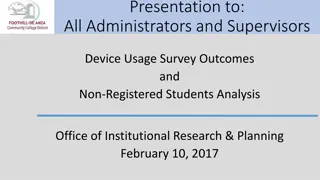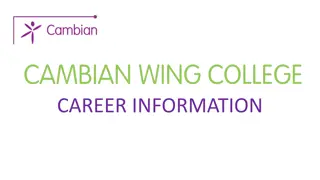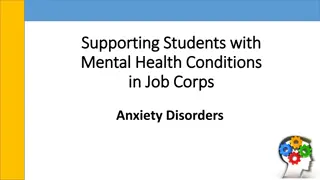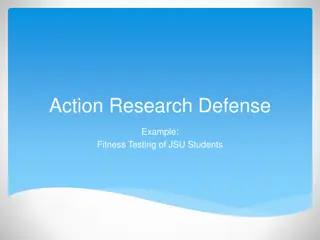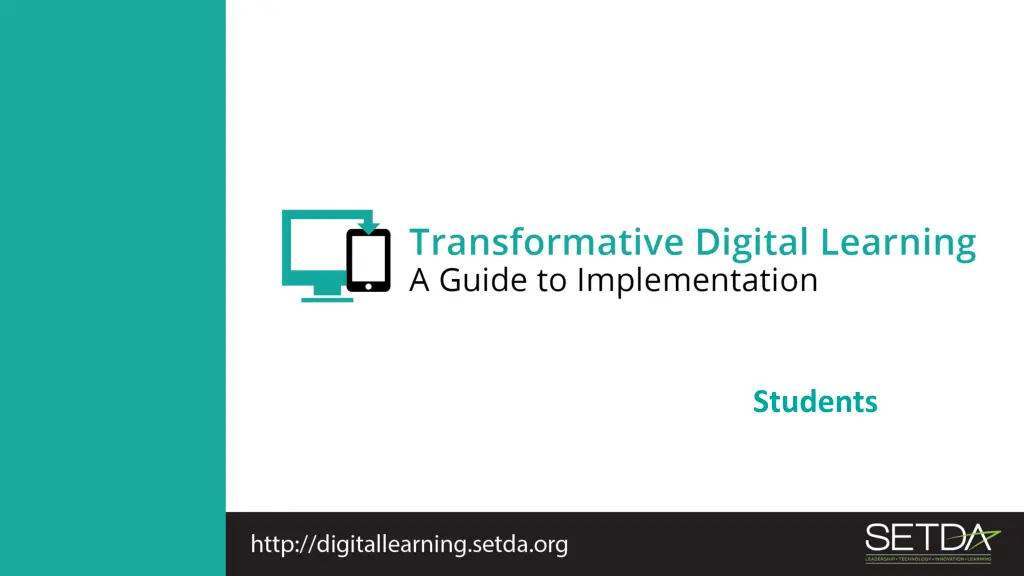
Transforming Digital Learning in the Digital Age
Discover how federal policies, such as the Every Student Succeeds Act (ESSA) and the National Education Technology Plan (NETP), are reshaping education by integrating technology to enhance student learning experiences. Explore the role of students in leveraging technology for personalized learning and digital citizenship awareness, emphasizing the importance of digital footprints and responsible online behavior.
Download Presentation

Please find below an Image/Link to download the presentation.
The content on the website is provided AS IS for your information and personal use only. It may not be sold, licensed, or shared on other websites without obtaining consent from the author. If you encounter any issues during the download, it is possible that the publisher has removed the file from their server.
You are allowed to download the files provided on this website for personal or commercial use, subject to the condition that they are used lawfully. All files are the property of their respective owners.
The content on the website is provided AS IS for your information and personal use only. It may not be sold, licensed, or shared on other websites without obtaining consent from the author.
E N D
Presentation Transcript
Learning in the Digital Age Technology is an essential component of learning today. Students can Create content Interact with experts Collaborate with peers
Federal Policy Shift Every Student Succeeds Act (ESSA) acknowledges technology s role in revolutionizing learning Includes definitions for digital learning and blended learning References technology throughout the legislation
Federal Policy Shift National Education Technology Plan (NETP) calls for a revolutionary transformation rather than evolutionary tinkering Provide engaging and powerful learning experiences by leveraging technology
Federal Policy Guidance High-quality professional development to personalize learning and improve academic achievement Build technological capacity and infrastructure Innovative blended learning projects Provide students in rural, remote, and underserved areas with the resources to benefit from high-quality digital learning opportunities Deliver specialized or rigorous academic courses and curricula using technology, including digital learning technologies Non-Regulatory Guidance Student Support and Academic Enrichment Grants Overview of Activities LEAs May Consider
Role of Students Speak Up 2016 reports that students are using mobile devices for a variety of teacher-directed and student directed activities. 81% doing internet research 39% taking notes Technology is gateway to: Personalizing and self-blending learning Academic and/or career preparation purposes
Digital Citizenship As a student, how can I learn more about my digital footprint? Librarians, teachers, parents Digital Footprint Middle School Digital Citizenship Videos
Homework Gap My teacher assigns homework that requires access to the internet. How can I access the internet outside of my home? Check out a hot spot from your school to take home Visit the public library for access to the internet, devices and digital resources Utilize your extended school library hours
Resources Common Sense Education Cyberbullying and Digital Footprint U.S Department of Health and Human Services Cyberbullying Middle School Digital Citizenship Videos High School Digital Citizenship Videos Safe and Secure Online Protecting Equity through Family-School Partnerships FCC Lifeline Program
Thank You! Learn more at: Transforming Digital Learning: Toolkit to Support Educators and Stakeholders

